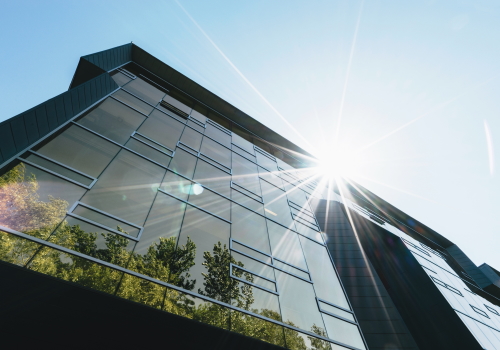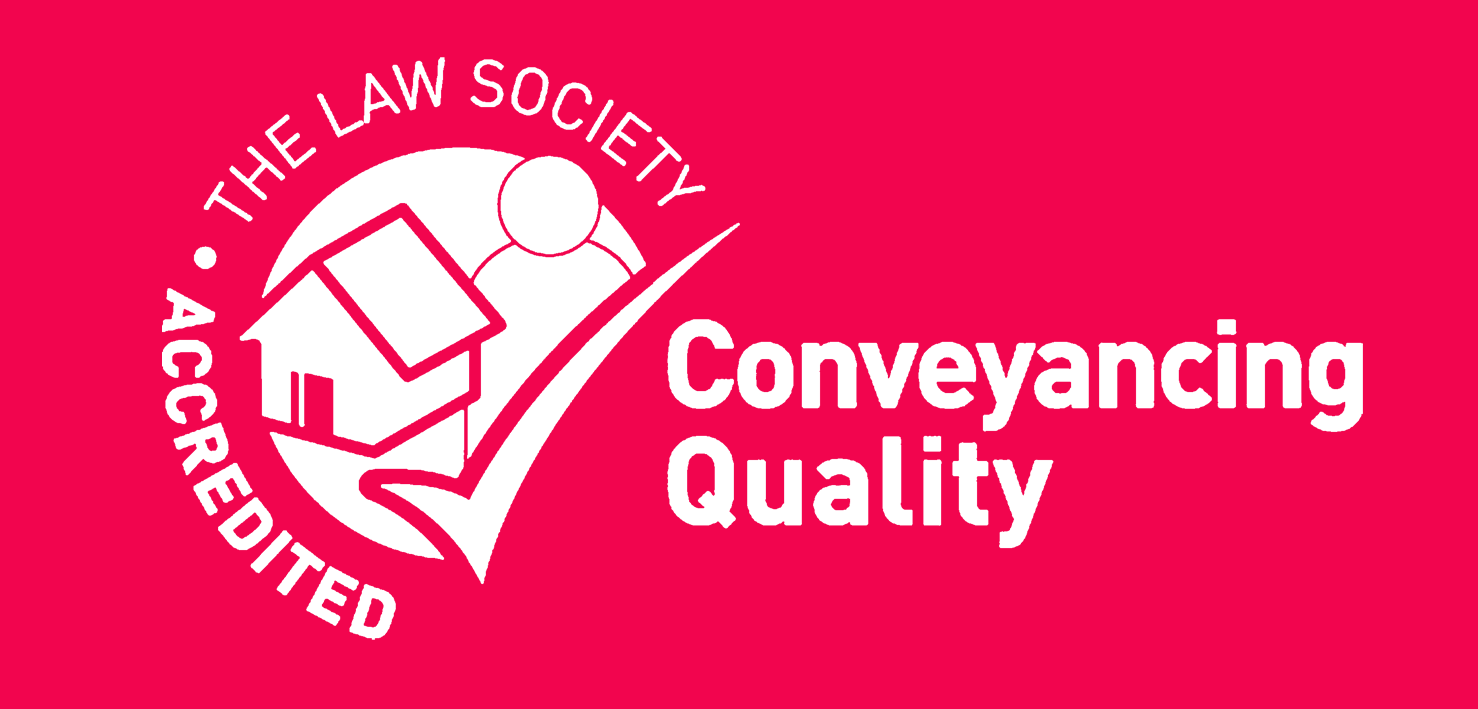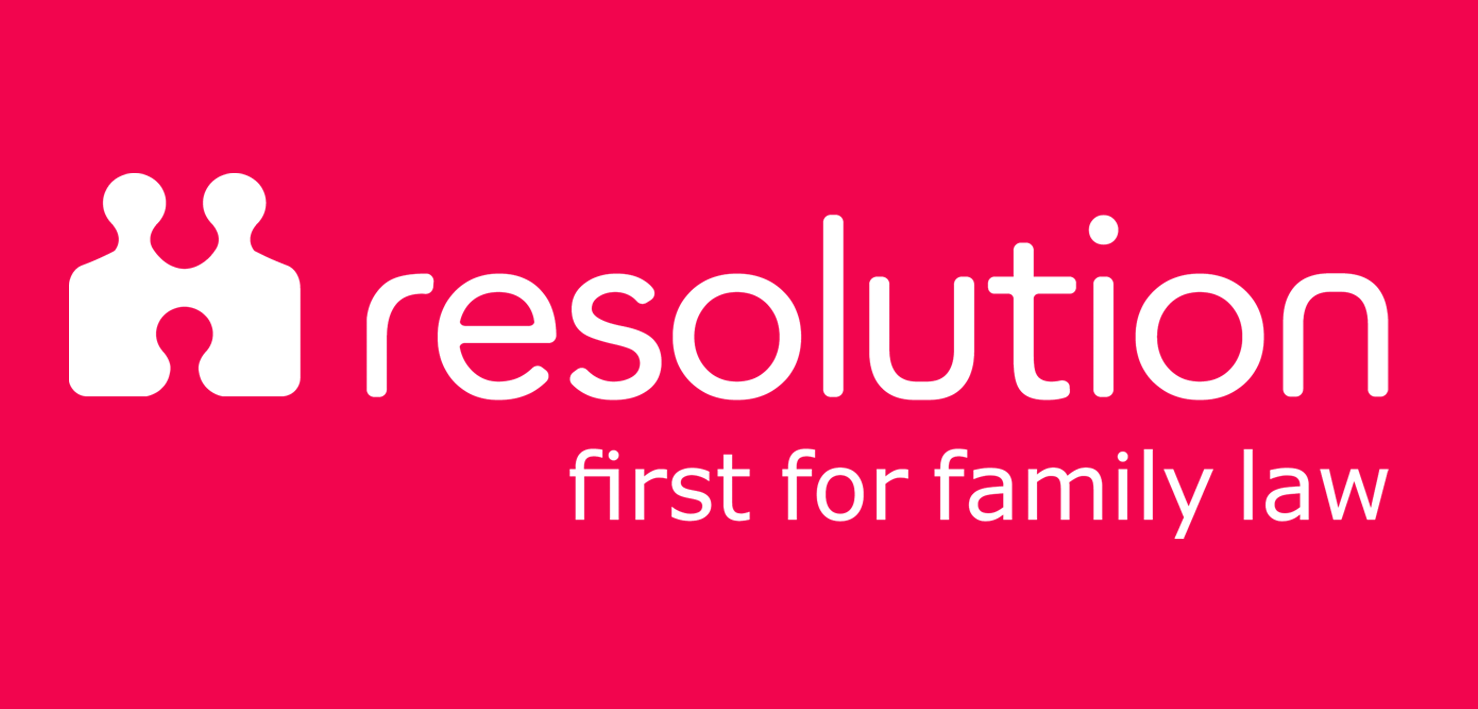Sustainability and low carbon emissions are becomingly increasingly important to businesses, individuals and the Government, with Government agendas aiming towards the United Kingdom having net zero carbon emissions by 2050.
Owners and occupiers of commercial properties contribute significantly towards the United Kingdom’s carbon emissions, due to their energy consumption and waste generation.
Even though 2050 may seem very far away, it is important to start thinking about how commercial buildings can become greener now. One way in which owners and occupiers can contribute towards reaching the Government’s target is by having a “greener lease”.
What is a Green Lease?
The term “green lease” is generic and is simply a standard commercial lease with provisions, which aim to reduce the environmental impact of the property.
Alternatively, these provisions could be in a separate document such as a Memorandum of Understanding, which is not legally binding. This could be more appropriate when there is already a lease in place or where the parties require more flexibility.
Green leases centre around both parties working together towards the common goal of making the property more energy efficient and sustainable.
The provisions are commonly categorised into three different shades of green, depending on the level of commitment.
Light green provisions are usually less onerous and are limited to only improving the energy efficiency of the property, such as requiring the tenant to do nothing to negatively affect the energy performance of the property.
Medium green goes slightly further and deals more with the environmental impact of the property. Provisions could include the parties sharing data on energy consumption and catering for green transport, by having more cycle racks or electric car sharing points.
Dark green provisions require significant commitment and would typically require the parties to meet set environmental targets and could require particular sustainable materials to be used for repairs and alterations.
There is an assumption that green leases can only be used for modern buildings, however, these provisions can have a big impact on older less sustainable properties by minimising the property’s environmental impact due to the way it is occupied and managed.
Benefits for both Landlords and Tenants
Improvements and management changes can be expensive and time consuming with neither party wanting to bear the cost or commitment, due to ‘split incentives’ of the parties. However, green lease provisions can be mutually beneficial.
From a Landlord’s perspective having a greener property could make it more attractive, especially in a competitive market, with action on climate change being important to a lot of businesses and investors, who will want a property that aligns with their values and objectives.
Minimum Energy Efficiency Standards require all currently let commercial properties to have a minimum rating of E or above in 2023 and the Government is looking to implement further regulations to achieve their “Green Industrial Revolution” objectives.
From a Tenant’s perspective sustainability is important for many businesses to fulfil their Corporate Social Responsibility goals and operating from a greener building would help to achieve this.
Operating costs will be a lot lower and with many businesses struggling post-pandemic this could be an important consideration when deciding which property to let.
Many individuals are very concerned about climate change and working from a more environmentally friendly property could help businesses attract and retain talent.
Everyone can contribute towards commercial properties being more environmentally friendly by collaboration and green leases are a tool to help to achieve this. The provisions can be tailored to your budget and goals and even small changes and improvements will make a difference.
For specific advice in relation to green leases please contact Rosanne Pitta-Browning on 01249 478333 or email rosanne.pitta-browning@awdry.law





